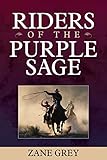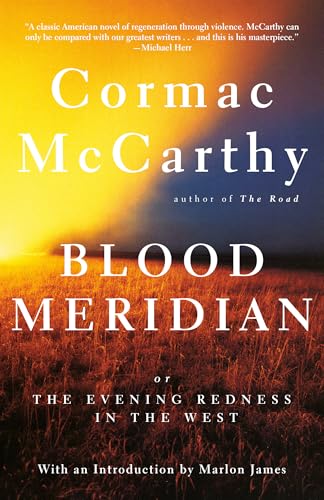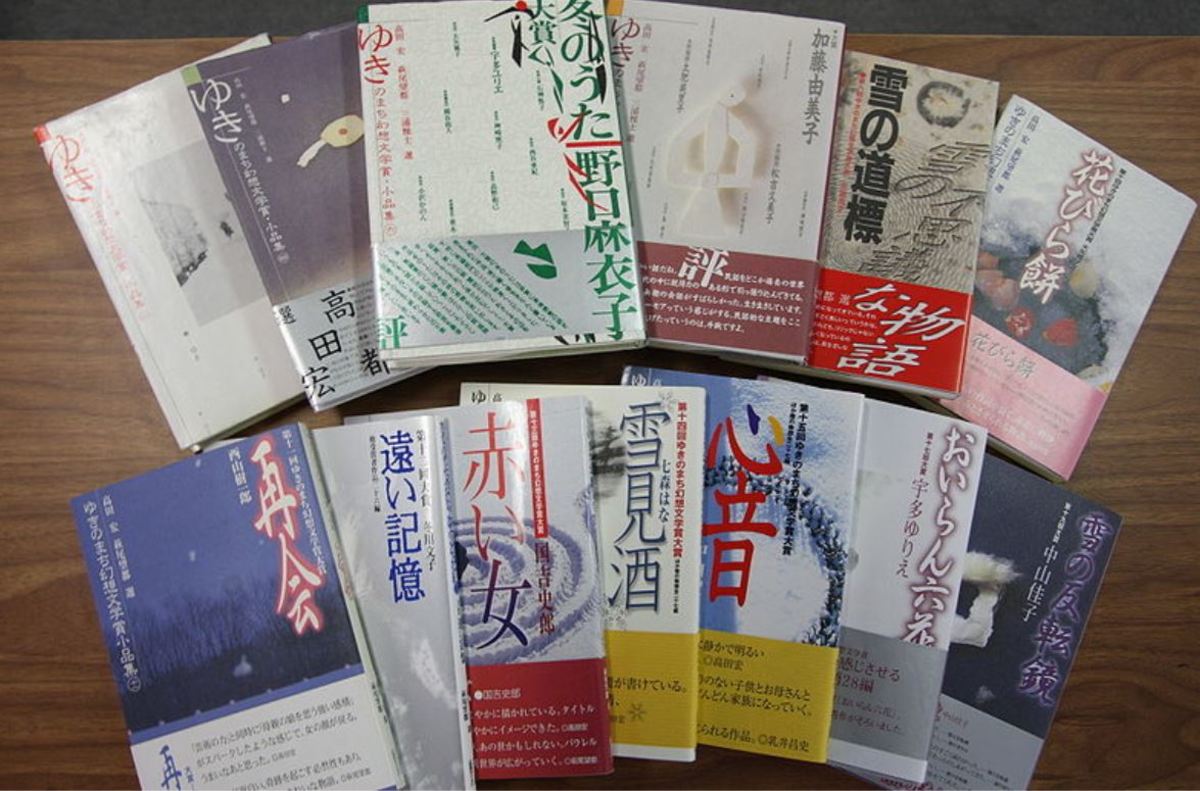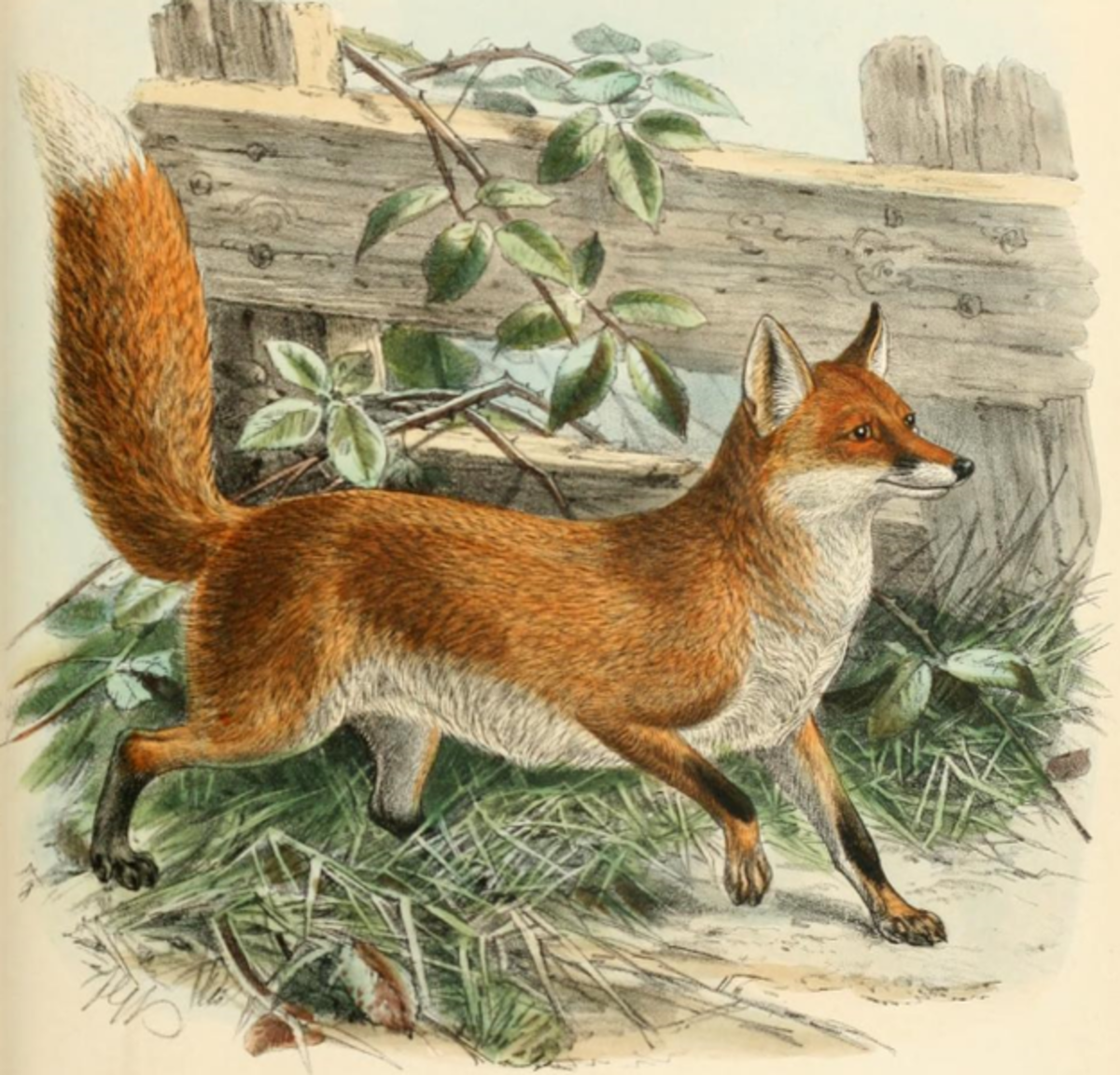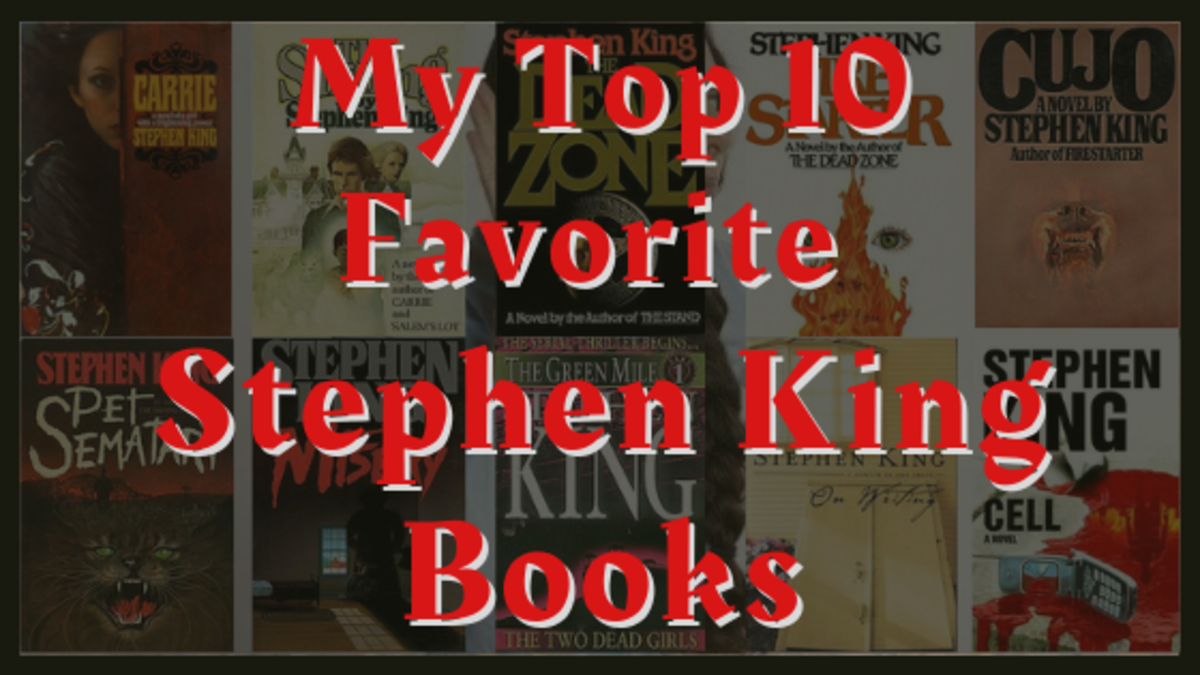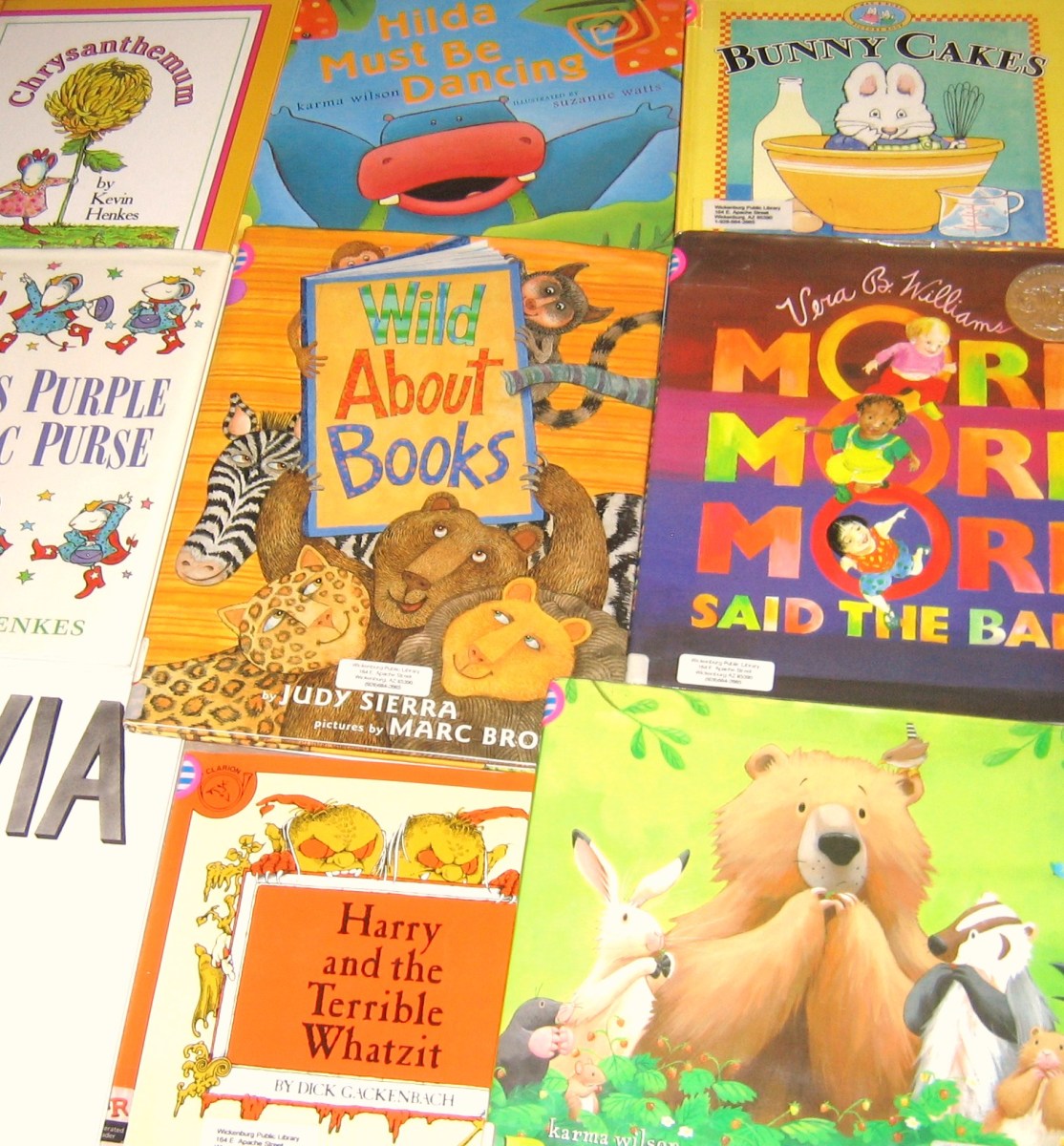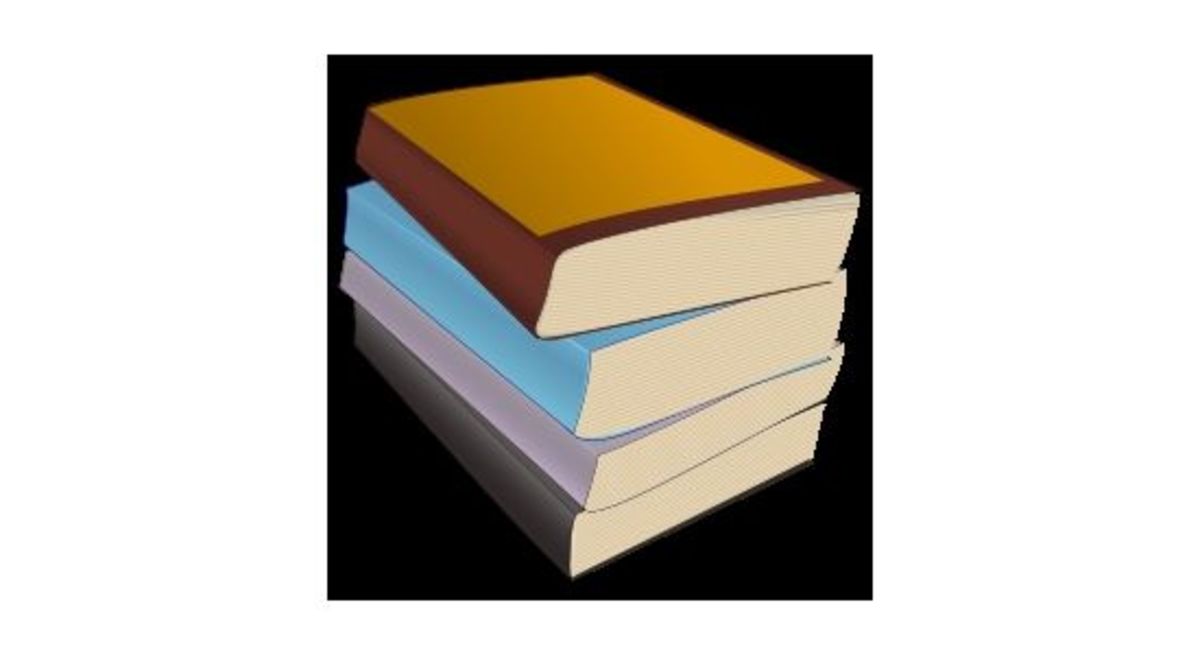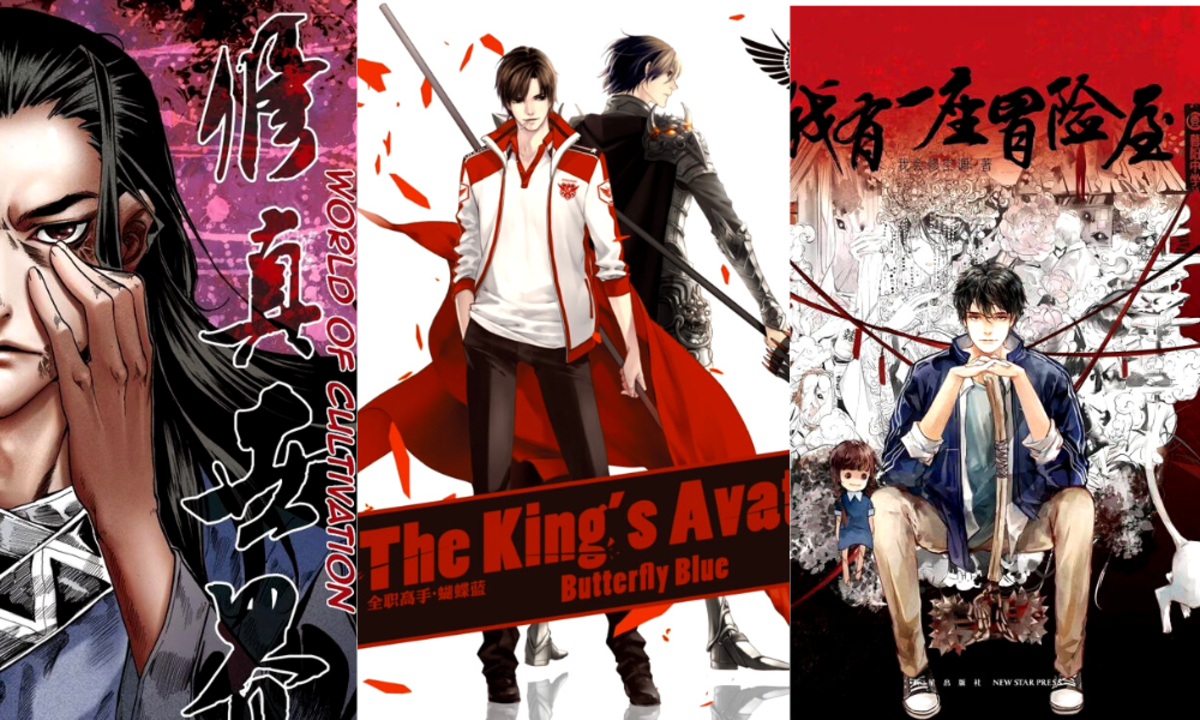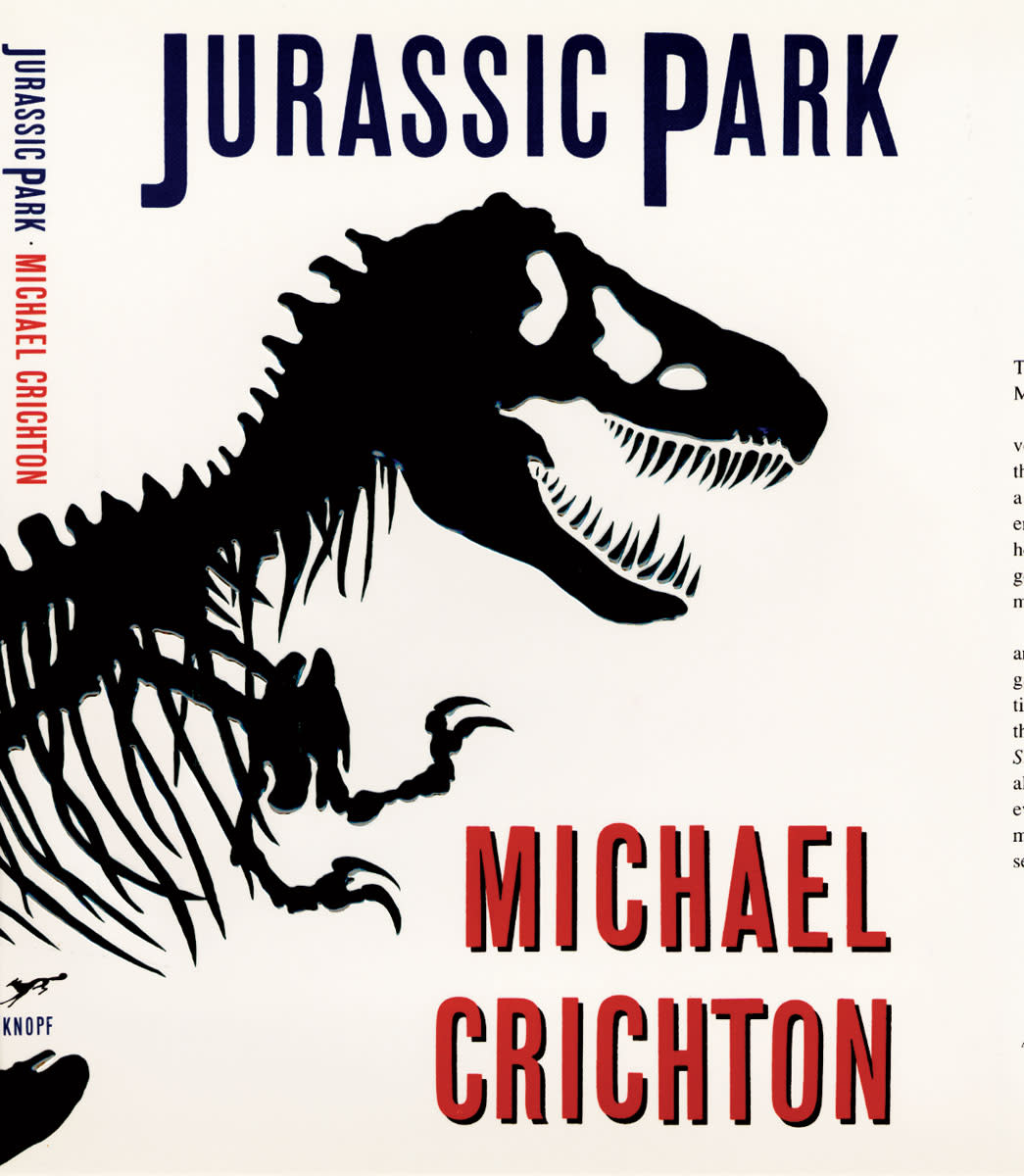Ten Western Fiction Books Anyone Can Get Into
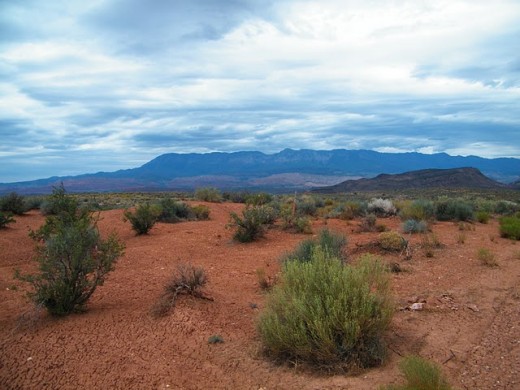
Contrary to popular belief, literature of the American West is more than just gun-slinging outlaws squaring off in some forgotten, dusty saloon. In western fiction, themes typical of American literature as a whole, (freedom, love and belonging, identity, exile, adventure, betrayal, cultural and religious conflict, women's rights, racial oppression, individual versus the group, and progress versus tradition), come into play against the stunning backdrops of mountains, mesas, and unending plains.
What makes western fiction a genre in its own right is the way in which these themes reach a sense of heightened intensity in the vacuous expanse of undeveloped wild America. Without the confines of colonial society that existed on the East Coast, new ways of understanding the self and the world can be explored and developed. A basic knowledge of western literature is vital to understanding the development of a peculiarly "American" literary form and the ideas, values, and conflicts that underlie our society.
The following is a list of ten books that are not only a good representation of western fiction, but are also books that will appeal to the average reader who is not a history buff or rodeo afficionado.
Riders of the Purple Sage - Zane Grey
The book that started it all! Zane Grey was one of the most popular writers of western fiction after the Penny Dreadful craze wore off. These books were sensational dime novels featuring Deadwood Dick, Buffalo Bill, and Jesse James. Riders of the Purple Sage captures the excitement and adventure that spurred on an entire genre of literature, but also delves into deeper social issues including the Mormon migration and early religious conflict in America.
Angle of Repose - Wallace Stegner
Stegner's Pulitzer prize-winning masterpiece follows two parallel storylines, a historian chronicling his grandmother's journey west and his current struggles with aging, family, and modern culture. The grandmother's story, based on the letters of real-life Mary Hallock Foote, portrays in striking detail the physical and emotional difficulties that the early pioneers faced.
Fools Crow - James Welch
Welch provides an honest and culturally accurate portrayal of the lives of Native Americans at the time of the initial westward movement. The book follows the story of a young Blackfoot Indian, Fools Crow, as he navigates adolescence and the transition into adulthood, and is a vibrant portrayal of traditional culture. More than just the coming of age of Fools Crow, however, the novel chronicles the "coming of age" of the destructive policies and ideologies that would eventually lead to the eradication of Native American populations and ways of life.
My Antonia - Willa Cather
Cather tells of noticing a sense of "erasure of personality" that the open landscapes of the plains had the power to invoke in people. My Antonia could be considered an attempt on the parts of the main characters to counteract this feeling of losing the self in this vast space. While the novel deals with the cultural juxtaposition of Eastern European immigration upon the recently established Anglo communities of the frontier, there is a significant amount of attention paid to the ways in which these early settlers established identities in the world that was so quickly springing up around them. Cather also takes an early look at the role of women in the developing frontier, and is sometimes considered an early feminist.
The Power of the Dog - Thomas Savage
Set on a Montana ranch in the 1920s, The Power of the Dog examines notions of gender roles, specifically masculinity and the ideal of the cowboy, as well as sexual orientation, and conventions of behavior and thought as influenced by early Western cultural ideals. The novel is psychologically gripping and at times terrifying, and the twist at the end could not be more unexpected yet apropos to the storyline.
Fencing the Sky - James Galvin
If the relevance of the cowboy was questioned and deconstructed in The Power of the Dog, James Galvin's Fencing the Sky could be considered the epitaph to a dying culture. An ordinary rancher becomes one of the last American outlaws through a series of improbable events. The reader is taken along on a fast ride, with just enough time to glimpse the remnants of the landscape as it was give way to highways, barbed wire fences, and strip malls. Where the book excels is the dimension that is created in all the characters. The main character comes of as "the last of the outlaws," but still retains an element of complexity. Galvin succeeds in creating representative portraits for his elegy, without ever having to rely on stock characters or stereotype.
The Milagro Beanfield War - John Nichols
A land war focused around irrigation rights takes place in a quiet Hispanic town in New Mexico. One man becomes the quixotic hero of the town as he defends his land rights against a corporation seeking to buy out the land for development. History, ethnicity, and religious syncretism are all examined in this quirky and heart-warming tale. The book inspired a 1988 movie directed by Robert Redford and starring Christopher Walken.
Desert Solitaire - Edward Abbey
Abbey chronicles his time spent alone as a caretaker in Arches National Park. While the tone of the novel is at times peevish, and many of the ideas presented are controversial, the descriptions of the desert wilderness are second-to-none, and Abbey raises important points regarding nature preservation and our human connections to the natural world.
Tonto and the Lone Ranger Fistfight in Heaven - Sherman Alexie
Alexie's collection of short stories draw upon the reservation of his childhood. While important issues are presented related to modern-day Native American society, reservations, culture, and social issues, the stories themselves are captivatingly well-written, at times humorous, at times poignant, at times insightful and profound. The stories are about a collection of characters, who all weave in and out of the stories, set on the same reservation. By the end of the book, the reader will feel as if they are more than just made-up people in a story, but someone you might run into on your way to the corner store for a gallon of milk.
Blood Meridian - Cormac McCarthy
Blood Meridian has received critical and popular acclaim, becoming one of the most well-known recent works of western fiction. The story, set in the mid-1800s, follows an unnamed protagonist, called "the kid." A runaway, the kid joins a gang of scalp-hunters along the United States-Mexico border. While the book can be a difficult read, due in part to its archaic words and lack of quotations marks, not to mention the often horrific violence that permeates throughout, both the New York Times and Time magazine have proclaimed it one of the most important and influential books of our time.
Further Reading
- Tackling Stereotype and Dehumanization in James Well...
Fools Crow, by James Welch, excels in its honest and realistic portrayal of Native American life and culture during the period of initial westward expansion. Native Americans play a prominent role in the literature of the developing American West... - Edward Abbey's "Desert Solitaire:" A Difficult Man I...
In the introduction to his book Desert Solitaire , Edward Abbey offers a word of caution, warning readers much of the book will seem course, rude-tempered, violently prejudiced, unconstructiveif the book has virtues they cannot be disentangled...
Reader Favorites?
This is a list of books which will help a reader to better understand western fiction as well as its influence on more general American fiction and American culture. As such, some great books have been left off the list.The one that immediately comes to mind is The Grapes of Wrath. While I think it is an important book in its own right, and arguably one of the best examples of western fiction, I couldn't bring myself to include it. I figured that enough people had either read the book or were familiar with the story, that there wasn't much point recommending it.
Are there other great books or authors that I missed? And what are your favorite Westerns, book or movie?

